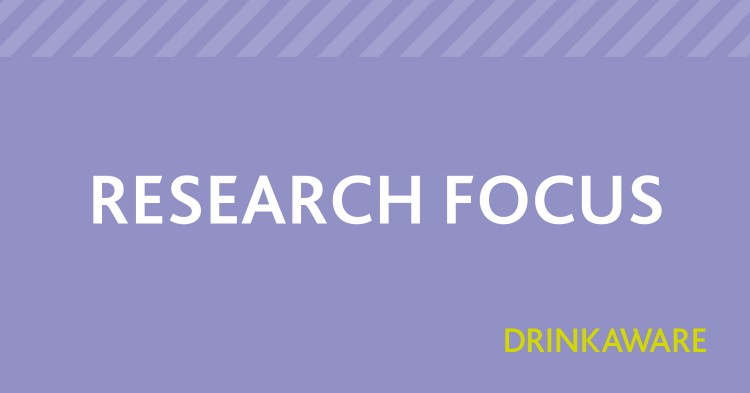COVID-19 has radically altered our lives, and caused fundamental changes to the ways in which we interact in society. The pandemic has reordered social, economic and cultural relations, leaving us to grapple with the terms of a new normal. Within the unprecedented change brought about by lockdown and quarantine measures, young adults are navigating a period of their lives which, in ordinary years, is marked by transition and change.
Evidence from Drinkaware’s Alcohol & COVID-19 Barometer shows that 62% of young adults are drinking alcohol as a coping mechanism during the first phase of lockdown, and are among the highest age cohorts in terms of binge drinking. However, they scored lowest of all age cohorts for drinking on a weekly basis and had the highest levels that did not drink. Young adults who drink to fit in has fallen drastically compared to figures from 2019.
Prior to COVID-19 young adults occupied some of the lowest paid and least secure jobs in our society. Waiters and waitresses, bar staff and those employed in the gig industry were more often represented by young adults, and these industries have seen unprecedented closures as part of national lockdown measures. Aside from more precarious employment, young adults are also more likely to fall into poverty due to job loss or a drop in income, largely due to a lack of savings to fall back on. These negative economic shocks are also strong predictors of negative mental health effects, especially during the pandemic, giving rise to increased feelings of anxiety and depression.
These risk factors are significant, given the precarious nature of young adults’ mental health prior to the pandemic. Suicide is the second leading cause of death in young people. Levels of depression and anxiety were already high before the pandemic struck, with one in five young men, and one in three young women showing symptoms of depression. Research indicates that in the first month of lockdown levels of depression, anxiety and loneliness spiked in young adults, often being twice as high as measures taken in 2018 and showed the greatest increase of all age cohorts. As the pandemic progressed, and countries emerged from lockdown in July, these levels began to subside and overall life satisfaction increased.
Various protective factors have been identified to help young adults, and people in general, cope with the stress and negative emotion induced by COVID-19. Exercise has been shown to have a positive effect on mental well-being, negating some of the unwanted effects of lockdown and social isolation, such as increased anxiety and depression. Other protective factors, like keeping a daily routine, spending time in nature and engaging with hobbies have also shown to positively affect mental well-being during the pandemic.
The evidence and research which has emerged often focuses on the pathological effects of COVID-19, while giving less attention to protective factors and resilience. Further to this, the majority of research has used data from a single point during the pandemic, often during the initial phase of lockdown, which prevents us from painting an accurate and holistic picture that can be generalised to the wider population. Further research is needed that focuses on the effects of COVID-19 young adults drinking behaviours, lifestyle changes and exercise as well as the changes in well-being that occurred across different phases of the pandemic.
References:
Dooley, B. A., & Fitzgerald, A. (2019). My world survey 2: National study of youth mental health in Ireland. Jigsaw and UCD School of Psychology.
Eurofound (2020), Living, working and COVID-19, COVID-19 series, Publications Office of the European Union, Luxembourg.
Hyland, P., Shevlin, M., McBride, O., Murphy, J., Karatzias, T., Bentall, R. P., Martinez, A. P., & Vallières, F. (2020). Anxiety and depression in the Republic of Ireland during the COVID-19 pandemic. Acta Psychiatrica Scandinavica, 142(3), 249-256.
International Labour Organization (2020), Youth and COVID-19: Impact on jobs, education, rights, and mental well-being.
Liang, L., Ren, H., Cao, R., Hu, Y., Qin, Z., Li, C., & Mei, S. (2020). The effect of COVID-19 on youth mental health. Psychiatric Quarterly, 1-12.


